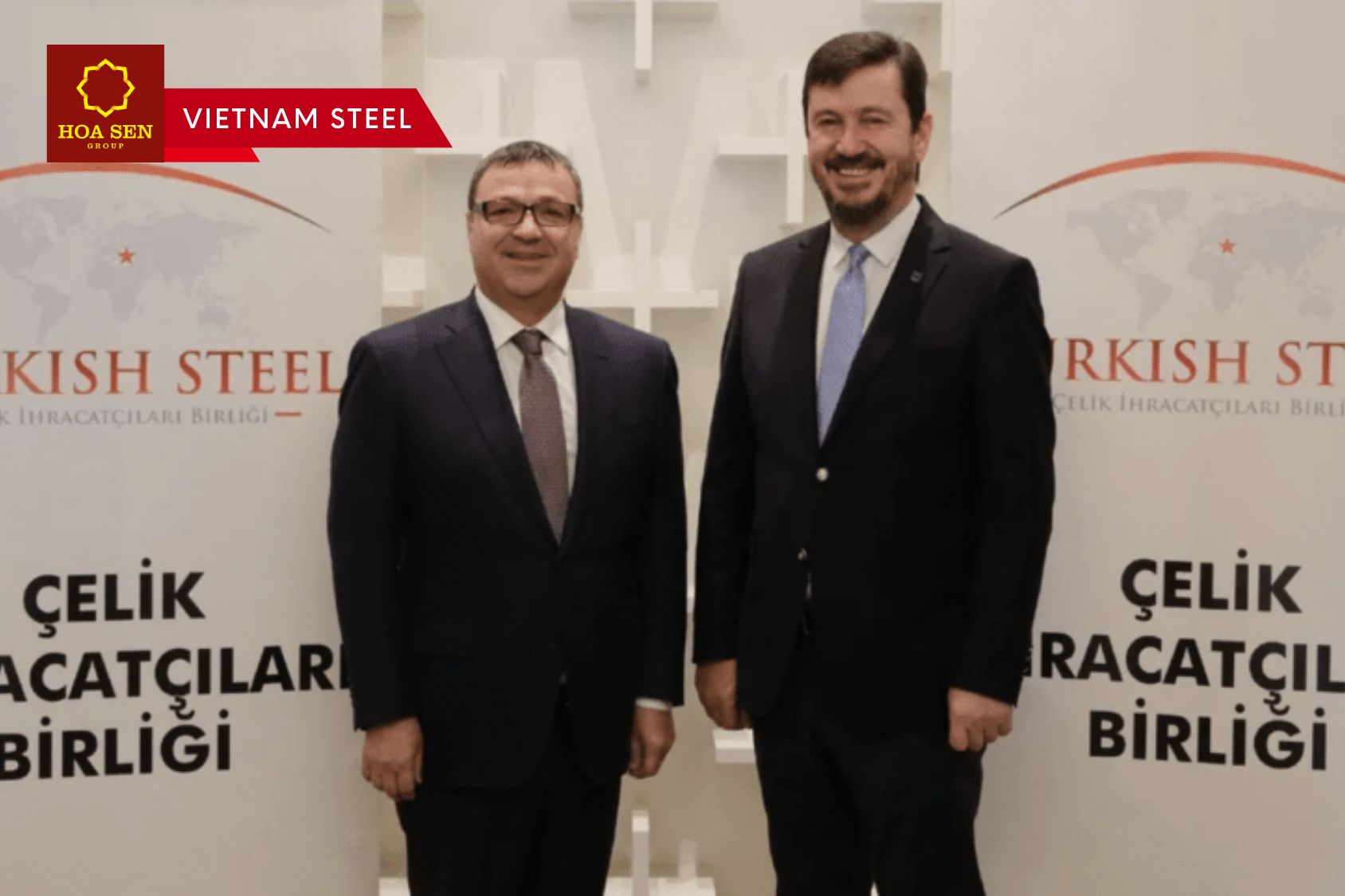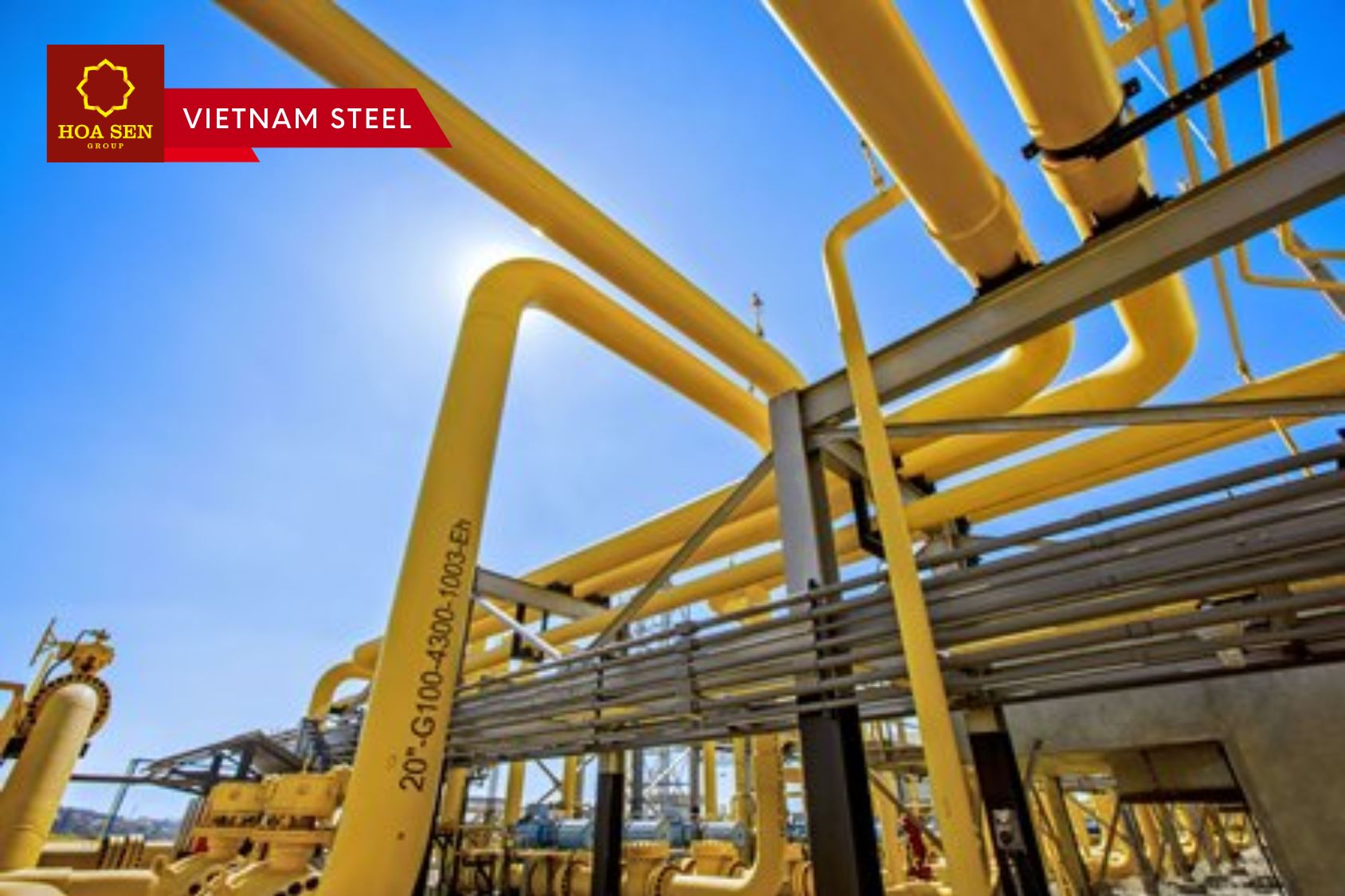In a press conference hosted by the Turkish Steel Exporters' Association (ÇİB) today, the state of the Turkish steel industry in 2023 was analyzed, accompanied by insights into future targets and expectations for 2024.
In the first 11 months of this year, Turkey faced a 28.8 percent year-on-year decline in steel exports, amounting to 13.05 million metric tons, with the export value plummeting by 31.2 percent to $13.54 billion. ÇİB Chairman Adnan Aslan attributed the export reduction to safeguard measures, North African countries such as Egypt and Algeria transitioning to net exporters, and the resurgence of Far Eastern countries in the market due to declining freight and container prices. Aslan noted that Turkey's steel imports during this period surged by 14.8 percent year-on-year to 17.64 million metric tons, leading to Turkey becoming a net importer for finished steel products, particularly wire rods, for the first time since 2015. He expressed concerns about the impact on local steel producers and emphasized that other nations are implementing protective policies while Turkey remains an open market.
As for the steel export outlook, Aslan revealed that Turkey's steel exports, which exceeded 20 million metric tons in 2022, are anticipated to reach only 14 million metric tons in 2023, falling short of the previously expected 16 million metric tons. The industry's goal for 2024 is set at 15 million metric tons.
Discussing steel production, Aslan highlighted that the country's capacity utilization is at 50-55 percent due to low demand and elevated energy costs. Concerns were raised about the increase in imports from Free Trade Agreement (FTA) countries, leading ÇİB to apply for an investigation into potential subsidies in imports.
Uğur Dalbeler, Vice President of ÇİB, addressed the impact of monetary policies, emphasizing the contraction in Turkey's main markets and the industry's increased focus on exports due to challenges in China. Despite increased flat steel capacities and duties, imports persist due to foreign suppliers offering competitive prices, forcing the Turkish steel industry to cut production. Dalbeler criticized the EU's extension of the import quota period for ex-Russian slab, calling it hypocritical to allow semi-finished products into the region while banning finished steel products manufactured with Russian material. He stressed the advantage of the Turkish steel industry against the Carbon Border Adjustment Mechanism, citing the need for substantial renewable energy investments to further reduce emission rates. According to Dalbeler, prioritizing renewable energy investments and receiving government support will help the Turkish steel industry maintain its competitive edge.
Read More: New inland gas pipeline to require more steel plate in Brazil
Vietnam Steel by Hoa Sen Group

